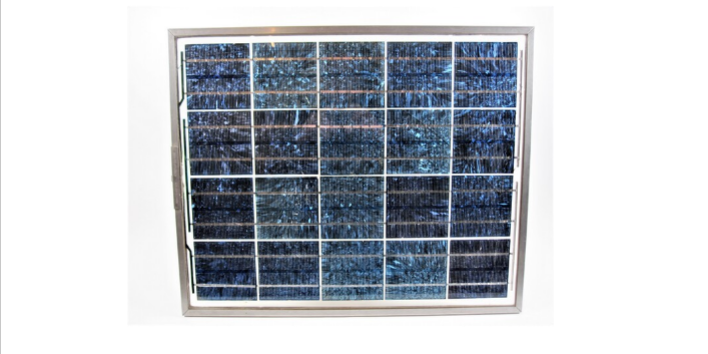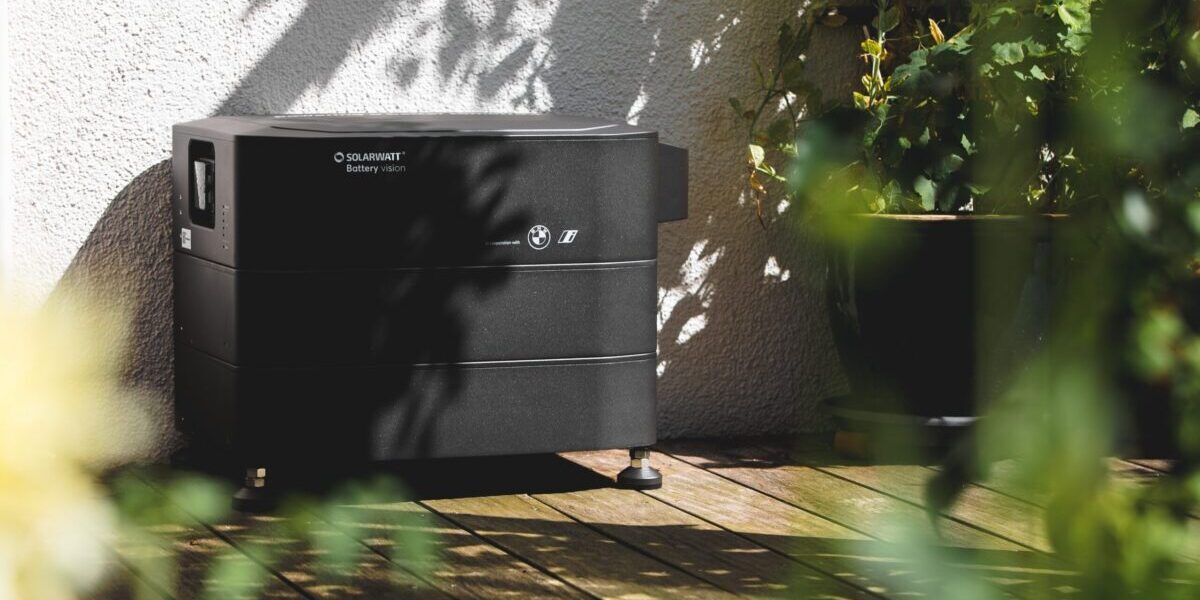Museon-Omniversum, a museum for science and culture in The Hague, Netherlands, is currently displaying a solar module that was used in the country's oldest PV system – an 18W panel manufactured by Germany-based AEG-Telefunken in 1982.
“Museon-Omniversum is a museum about important global issues, currently focusing on the UN’s Sustainable Development Goals,” a spokesperson from the museum told pv magazine. “Currently we are preparing an exhibition titled ‘One Planet Now.' In a part of this exhibition in which the theme is ‘sustainable living,' the solar panels will be displayed as an experiment from the past toward a more sustainable world.”
The PQ/10/20/01 polycrystalline module measures 45.8 cm × 56.4 cm × 1 cm and is made with 20 solar cells connected in series. It has a power conversion efficiency of around 9%, an open-circuit voltage of 9V and a short-circuit current of 2A.
The product is one of 2,748 panels that were used to build a 50kW PV system linked to 18kWh of battery storage and a 40kW wind turbine at the Maritime Institute Willem Barentsz (MIWB) in Terschelling, an island in the northern Netherlands, in the West Frisian Islands archipelago.
The project was one of 17 European solar-related pilot projects that were co-financed by the European Commission in the 1979-93 period. The system was completed by Dutch engineering company Holec Projects in 1983, with the support of local consultancy Ecofys.
According to the “Solar-Wind Project Terschelling” paper, which was published in Photovoltaic Power Generation in 1983, the grid-tied project was developed to investigate the interaction with the local network and to ensure completely reliable energy delivery to consumers, while increasing the use-factor of the system.
This content is protected by copyright and may not be reused. If you want to cooperate with us and would like to reuse some of our content, please contact: editors@pv-magazine.com.




5 comments
By submitting this form you agree to pv magazine using your data for the purposes of publishing your comment.
Your personal data will only be disclosed or otherwise transmitted to third parties for the purposes of spam filtering or if this is necessary for technical maintenance of the website. Any other transfer to third parties will not take place unless this is justified on the basis of applicable data protection regulations or if pv magazine is legally obliged to do so.
You may revoke this consent at any time with effect for the future, in which case your personal data will be deleted immediately. Otherwise, your data will be deleted if pv magazine has processed your request or the purpose of data storage is fulfilled.
Further information on data privacy can be found in our Data Protection Policy.